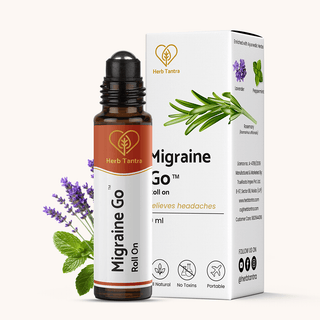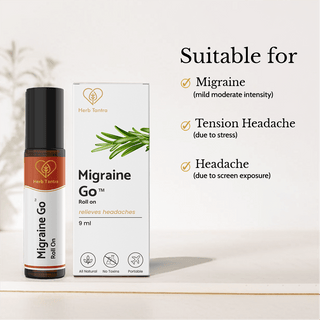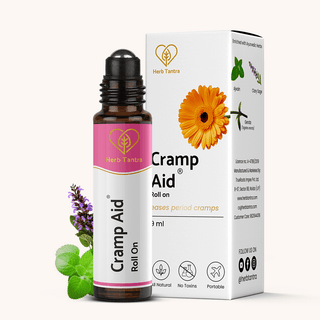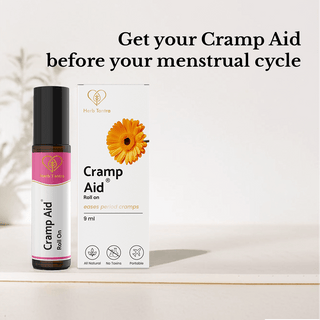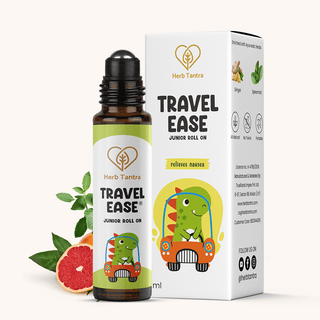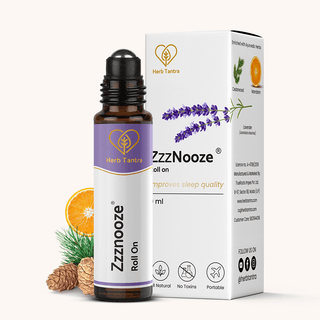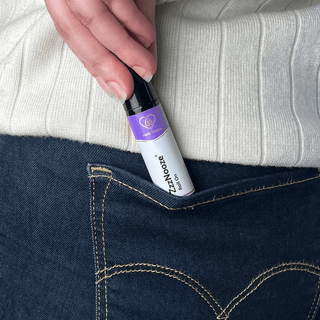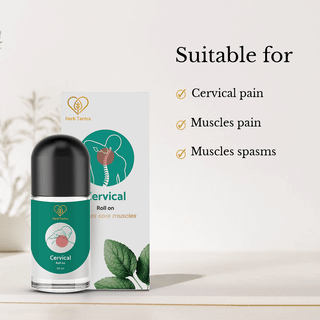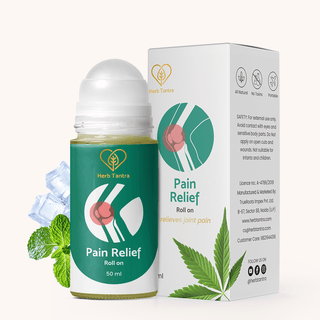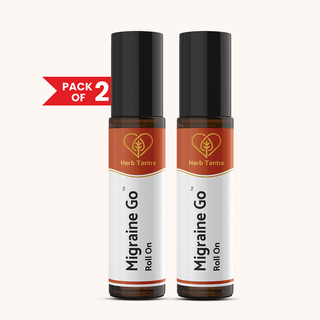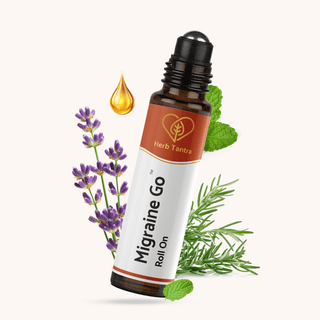We all know that stress is a part of life. Whether it's meeting deadlines, juggling responsibilities, or managing personal challenges, everyone experiences stress in one way or another. But while stress is something we can’t always avoid; anxiety doesn’t have to be a constant companion.
Stress and anxiety are often lumped together, but they’re not the same thing. Stress is your body’s response to a challenge, while anxiety is the fear and unease that sometimes comes with it. While some level of stress can push us to perform better or react to difficult situations, chronic anxiety can take a toll on both your mental and physical health.
The good news is, while we can’t always control stressful situations, we can control how we respond to them. In this blog, we'll explore the impact of stress and anxiety on the body, and how making simple lifestyle changes can help you manage both more effectively.

- The Science of Stress and Anxiety
First, let’s understand what happens to the body under stress. When you face a stressful situation, your body releases hormones like cortisol and adrenaline. These hormones prepare your body for "fight or flight" by increasing heart rate, sharpening focus, and tensing muscles. This reaction is helpful in short bursts—like slamming the brakes to avoid a car accident—but if you're constantly stressed, your body remains in this heightened state for too long.
Chronic stress can lead to some serious health problems, including -
- High blood pressure - Constantly elevated levels of stress hormones can lead to hypertension or extreme headaches.
- Weakened immune system - Chronic stress makes it harder for your body to fight off illnesses, making you more susceptible to infections.
- Digestive issues - Stress can cause problems like indigestion, bloating, and even irritable bowel syndrome (IBS).
- Mental health struggles - Over time, unmanaged stress can lead to anxiety, depression, and other mental health issues.
Now, let’s talk about anxiety. Anxiety is a more persistent feeling of fear or dread that can arise even when the stressful situation has passed. It’s like your body’s alarm system is stuck in the “on” position. Prolonged anxiety can result in -
- Panic attacks - Episodes of intense fear that trigger physical reactions like sweating, trembling, or chest pain.
- Sleep disturbances - Difficulty falling or staying asleep due to racing thoughts or worry.
- Fatigue - Constant anxiety can leave you feeling physically and mentally drained.
In short, while stress in moderation can be helpful, anxiety can turn into a debilitating issue if left unchecked.

- How to Manage Stress Without Letting Anxiety Take Over
Managing stress is key to avoiding anxiety. Here are some simple lifestyle changes you can make to improve your ability to cope with stress and keep anxiety at bay -
- Stay Hydrated
Drink water instead of Coffee or any caffeine drink! It sounds basic, but staying hydrated plays a crucial role in how your body responds to stress. When you’re dehydrated, your body releases more cortisol, the stress hormone, which can heighten feelings of stress and anxiety. Start your day with a glass of water and aim to drink throughout the day to keep your stress levels in check.
- Stepping towards regular exercises -
Exercise is one of the most effective stress-busters out there. When you work out, your body releases endorphins, which are chemicals that act as natural painkillers and mood elevators. Even a short walk, yoga session, or 20 minutes of cardio can make a big difference in how you feel. Plus, regular exercise improves sleep, which is essential for mental focus or health.
- Meditate and Practice Mindfulness
Taking just 10 minutes out of your day to meditate or practice mindfulness can have a huge impact on your mental well-being. Meditation helps you focus on the present moment and can reduce the overthinking while giving you a relaxed mind. If you find traditional meditation difficult, you can also try mindful breathing exercises or guided meditation apps.
- Eat a Balanced Diet
The foods you eat can have a significant effect on your mood. A diet rich in whole foods—like fruits, vegetables, lean proteins, and whole grains—can help stabilize your mood. On the flip side, too much sugar, caffeine, and processed foods can increase your body’s stress response. Omega-3 fatty acids (found in fish like salmon) and magnesium-rich foods (like spinach and almonds) are particularly beneficial for mental health.
- Get Enough Sleep
Good sleep is critical for managing stress and anxiety. But stress itself can make it hard to fall or stay asleep, creating a vicious cycle. To improve your sleep quality, establish a calming bedtime routine, limit screen time before bed, and avoid caffeine in the afternoon. Creating a sleep-friendly environment with dim lighting and comfortable bedding can also help.

-
Herb Tantra’s Natural Solution for Stress - Calm Down Roll On
While lifestyle changes are the foundation of stress and anxiety management, natural remedies can offer additional support. Herb Tantra’s Calm Down Roll-On is a great example of a natural product designed to help you manage stress and prevent anxiety from taking over.
Calm Down Roll-On is enriched with Ayurvedic herbs like:
- Geranium - Known for its ability to reduce feelings of stress and tension.
- Lavender - Famous for its calming and relaxing properties, which can ease both stress and anxiety.
- Frankincense - A grounding herb that promotes a sense of peace and reduces mental fatigue.
- Lemon - Helps lift your mood and brings mental clarity, while also reducing stress.
- Cedarwood - Provides emotional balance and calms the mind.
Unlike pills, Calm Down Roll-On has no side effects. It’s non-sticky, portable, and easy to apply—you can carry it with you and use it whenever you feel stress creeping in. Simply apply the roll-on to your temples, wrists, or neck for instant relief. The blend of natural oils helps ground your emotions, promoting relaxation without making you feel drowsy or disconnected.

- The Science Behind Ayurvedic Stress Relief
Ayurveda, one of the world’s oldest holistic healing systems, emphasizes balance in the body to maintain health. Many of the herbs used in Calm Down Roll-On, like lavender and frankincense, have been scientifically proven to reduce stress and anxiety. Studies show that inhaling lavender oil, for example, can lower blood pressure and heart rate, both of which are elevated during stress.
One study published in the journal Phytomedicine found that lavender oil has similar effects to anti-anxiety medications, but without the side effects. Meanwhile, geranium has been shown to decrease cortisol levels and improve mood, making it an excellent herb for stress relief.
Using herbal remedies in combination with lifestyle changes can help you manage both the physical and emotional aspects of stress in a holistic way.

- The Takeaway - You Can't Avoid Stress, But You Can Manage it Better
Stress may be inevitable, but you don’t have to let it turn into chronic anxiety. By making small, mindful changes to your lifestyle, such as staying hydrated, exercising, eating a balanced diet, and practicing mindfulness, you can keep stress in check and prevent anxiety from taking over.
And when stress levels do rise, you have natural tools at your disposal like Herb Tantra’s Calm Down Roll-On to help ground you and bring you back to a place of calm. However, always remember, taking care of your mental health sometimes requires professional diagnosis and help, hence always consult your doctor when required.
So, the next time life throws a little stress your way, take a deep breath and remember that while stress is inevitable, anxiety isn’t!




